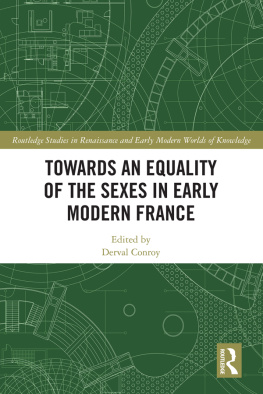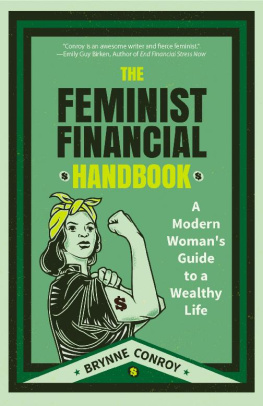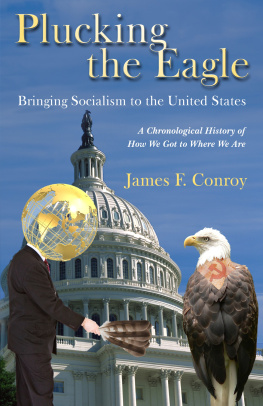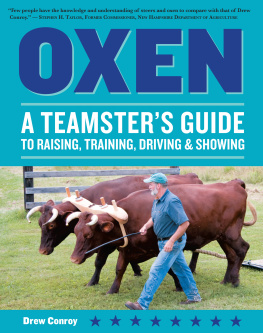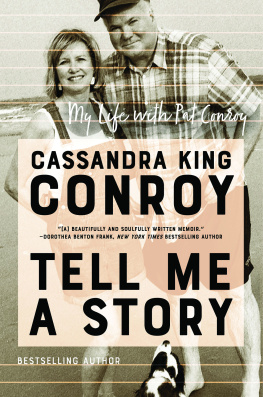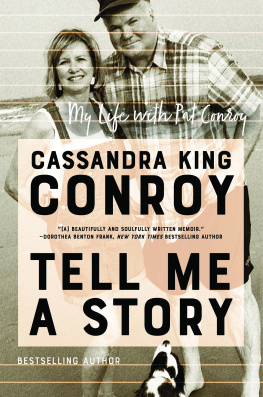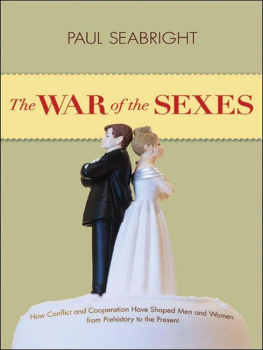Towards an Equality of the Sexes in Early Modern France
This volume sets out to examine the ways in which an equality between the sexes is constructed, conceptualised, imagined or realised in early modern France, a period and a country which produced some of the earliest theorisations on equality. In so doing, it aims to contribute towards the development of the history of equality as an intellectual category within the history of political thought, and to situate the woman question within that history. The eleven chapters in the volume span the fields of political theory, philosophy, literature, history and history of ideas, bringing together literary scholars, historians, philosophers and scholars of political thought, and examining an extensive range of primary sources. Whilst most of the chapters focus on the conceptualisation of a moral, metaphysical or intellectual equality between the sexes, space is also given to concrete examples of a de facto gender equality in operation. The volume is aimed at scholars and graduate students of political thought, history of philosophy, womens history and gender studies alike. It aims to throw light on the history of Western ideas of equality and difference, questions which continue to preoccupy cultural historians, philosophers, political theorists and feminist critics.
Derval Conroy is Associate Professor of French at University College Dublin. Her research interests include women writers, the history of women in political thought, the history of feminisms and the history of equality, areas on which she has widely published. She is author of Ruling Women. Vol 1. Government, Virtue and the Female Prince in Seventeenth-Century France; Vol 2. Configuring the Female Prince in Seventeenth-Century French Drama (2016).
Routledge Studies in Renaissance and Early Modern Worlds of Knowledge
Series Editors:
Harald E. Braun (University of Liverpool, UK) and Emily Michelson (University of St Andrews, UK)
SRS Board Members:
Erik DeBom (KU Leuven, Belgium), Mordechai Feingold (California Institute of Technology, USA), Andrew Hadfield (Sussex), Peter Mack (University of Warwick, UK), Jennifer Richards (University of Newcastle, UK), Stefania Tutino (UCLA, USA), Richard Wistreich (Royal College of Music, UK)
This series explores Renaissance and Early Modern Worlds of Knowledge (c.1400c.1700) in Europe, the Americas, Asia and Africa. The volumes published in this series study the individuals, communities and networks involved in making and communicating knowledge during the first age of globalization. Authors investigate the perceptions, practices and modes of behaviour which shaped Renaissance and Early Modern intellectual endeavour and examine the ways in which they reverberated in the political, cultural, social and economic sphere.
The series is interdisciplinary, comparative and global in its outlook. We welcome submissions from new as well as existing fields of Renaissance Studies, including the history of literature (including neo-Latin, European and non-European languages), science and medicine, religion, architecture, environmental and economic history, the history of the book, art history, intellectual history and the history of music. We are particularly interested in proposals that straddle disciplines and are innovative in terms of approach and methodology.
The series includes monographs, shorter works and edited collections of essays. The Society for Renaissance Studies (http://www.rensoc.org.uk) provides an expert editorial board, mentoring, extensive editing and support for contributors to the series, ensuring high standards of peer-reviewed scholarship. We welcome proposals from early career researchers as well as more established colleagues.
Towards an Equality of the Sexes in Early Modern France
Edited by Derval Conroy
Euhemerism and Its Uses
The Mortal Gods
Edited by Syrithe Pugh
For more information about this series, please visit: www.routledge.com/Routledge-Studies-in-Renaissance-and-Early-Modern-Worlds-of-Knowledge/book-series/ASHSER4043
First published 2021
by Routledge
52 Vanderbilt Avenue, New York, NY 10017
and by Routledge
2 Park Square, Milton Park, Abingdon, Oxon OX14 4RN
Routledge is an imprint of the Taylor & Francis Group, an informa business
2021 selection and editorial matter, Derval Conroy; individual chapters, the contributors
The right of Derval Conroy to be identified as the author of the editorial material, and of the authors for their individual chapters, has been asserted in accordance with sections 77 and 78 of the Copyright, Designs and Patents Act 1988.
All rights reserved. No part of this book may be reprinted or reproduced or utilised in any form or by any electronic, mechanical, or other means, now known or hereafter invented, including photocopying and recording, or in any information storage or retrieval system, without permission in writing from the publishers.
Trademark notice: Product or corporate names may be trademarks or registered trademarks, and are used only for identification and explanation without intent to infringe.
British Library Cataloguing-in-Publication Data
A catalogue record for this book is available from the British Library
Library of Congress Cataloging-in-Publication Data
A catalog record for this book has been requested
ISBN: 978-0-367-22492-9 (hbk)
ISBN: 978-0-429-27520-3 (ebk)
Typeset in Sabon
by Apex CoVantage, LLC
In memory of Christian Biet, friend, mentor, inspiration
Contents
DERVAL CONROY
1 Poulain de la Barre, a Logician of Equality: Prejudice Time and the Sex of the Mind
GENEVIVE FRAISSE
2 Equality, Neutrality, Differentialism: Descartes, Malebranche and Poulain de la Barre
MARIE-FRDRIQUE PELLEGRIN
3 Gender Equality in Community: Descartes, Poulain de la Barre, Fontenelle
REBECCA WILKIN
4 The Rhetoric of Equality: Marie de Gournay, Linguist and Philosopher
GIOVANNA DEVINCENZO
5 Virtue as a Language of Equality: Gender, Moral Androgyny and the Representation of Archduchess Isabella Clara Eugenia in Seventeenth-Century France
DERVAL CONROY
6 Reading, Acting and Writing Into Being: Ursulines as Jesuitesses in the French Atlantic World
HEIDI KELLER-LAPP
7 The Paradoxes of Early Modern Nuns and Gender Equality: The Case of Port-Royal in Early Modern France
CAROL BAXTER
8 Fashioning Equality and Friendship: Saint-Evremond, Hortense Mancini and Ninon de Lenclos
ELIZABETH C. GOLDSMITH
9 Gender Equality and the Role of Women Theatre Professionals in Late Seventeenth- and Early Eighteenth-Century France
JAN CLARKE
10 Equality in the Printed Book: The Case of Book Privileges in France in the Seventeenth Century
EDWIGE KELLER-RAHB
11 The Destabilisation of Gender in the European Enlightenment and Qing China
SIEP STUURMAN
- 1 Poulain de la Barre, a Logician of Equality: Prejudice Time and the Sex of the Mind
- 2 Equality, Neutrality, Differentialism: Descartes, Malebranche and Poulain de la Barre
- 3 Gender Equality in Community: Descartes, Poulain de la Barre, Fontenelle
- 4 The Rhetoric of Equality: Marie de Gournay, Linguist and Philosopher
- 5 Virtue as a Language of Equality: Gender, Moral Androgyny and the Representation of Archduchess Isabella Clara Eugenia in Seventeenth-Century France

